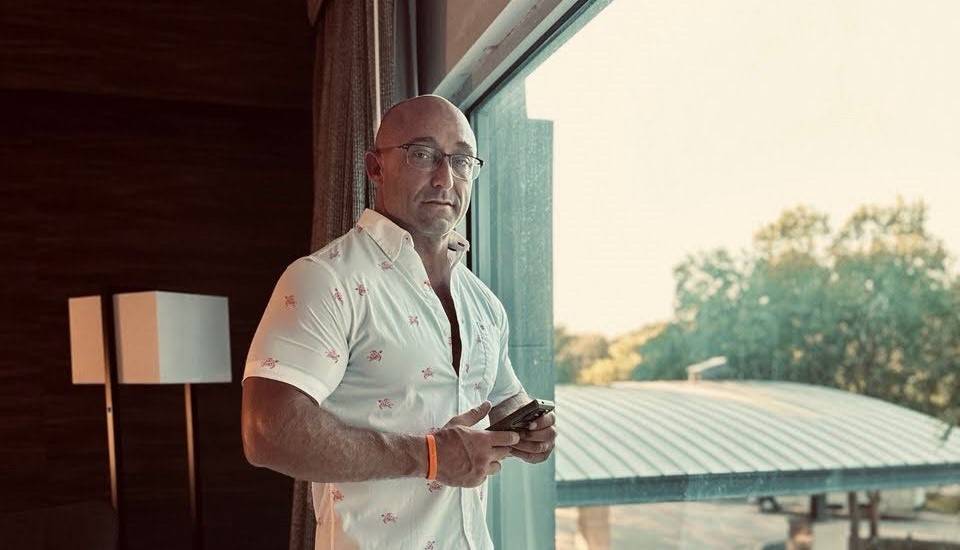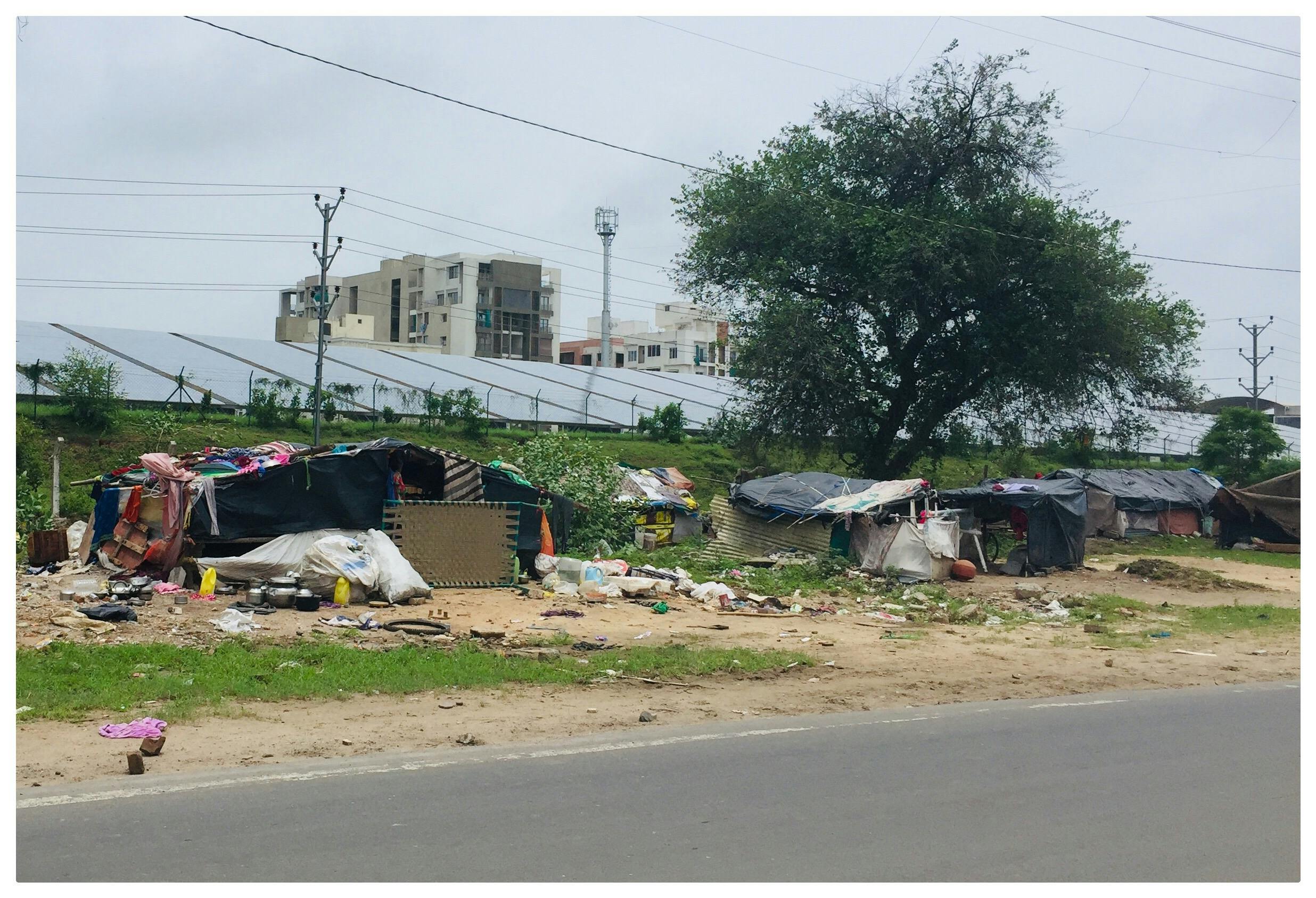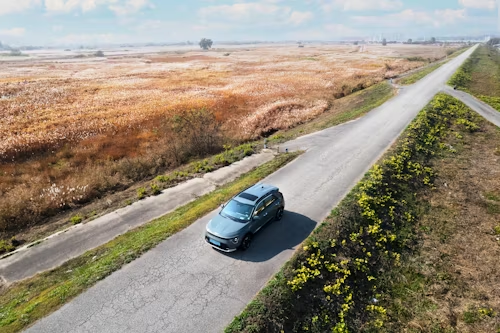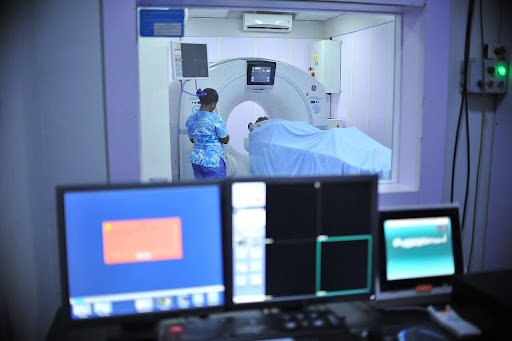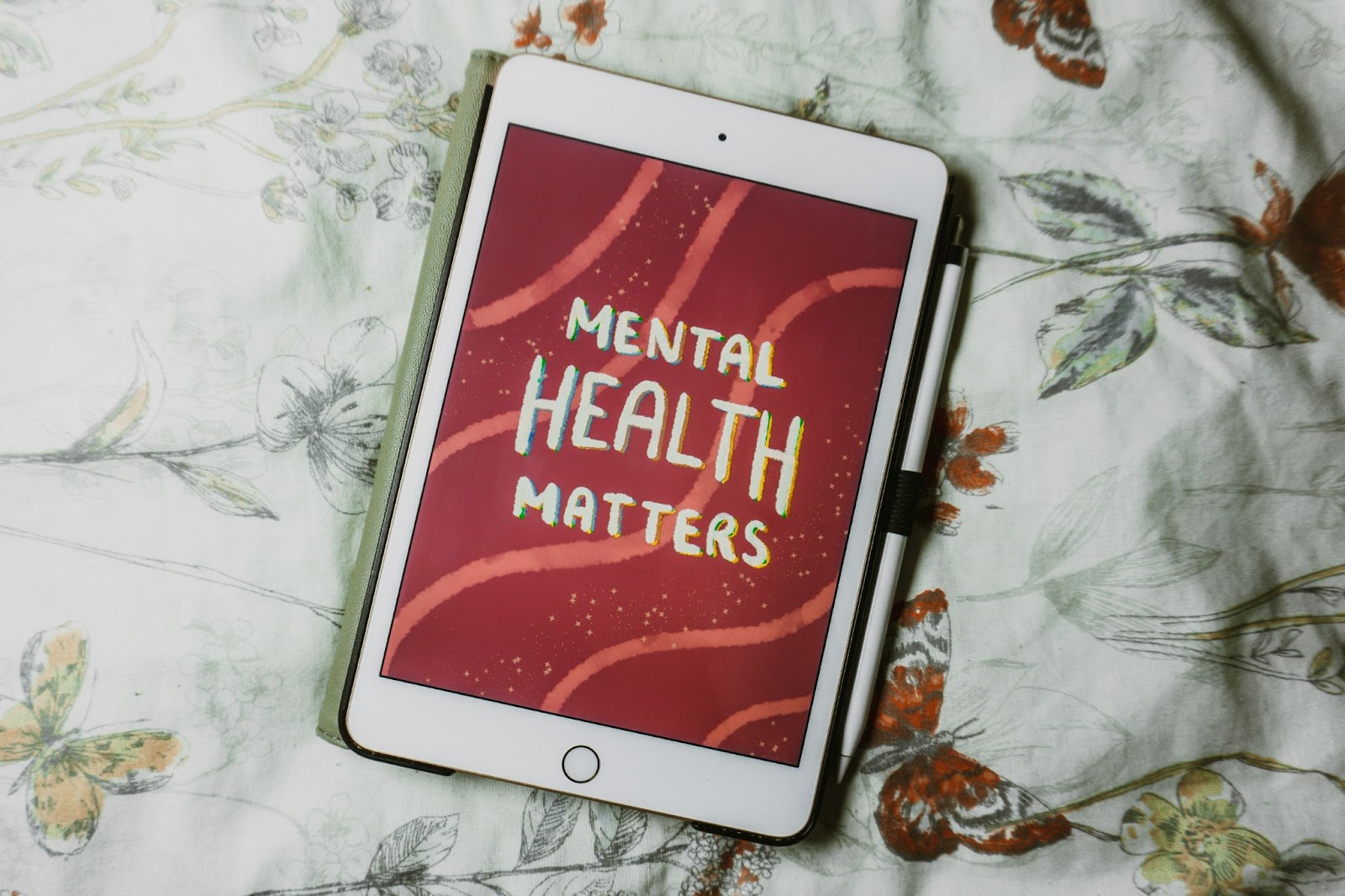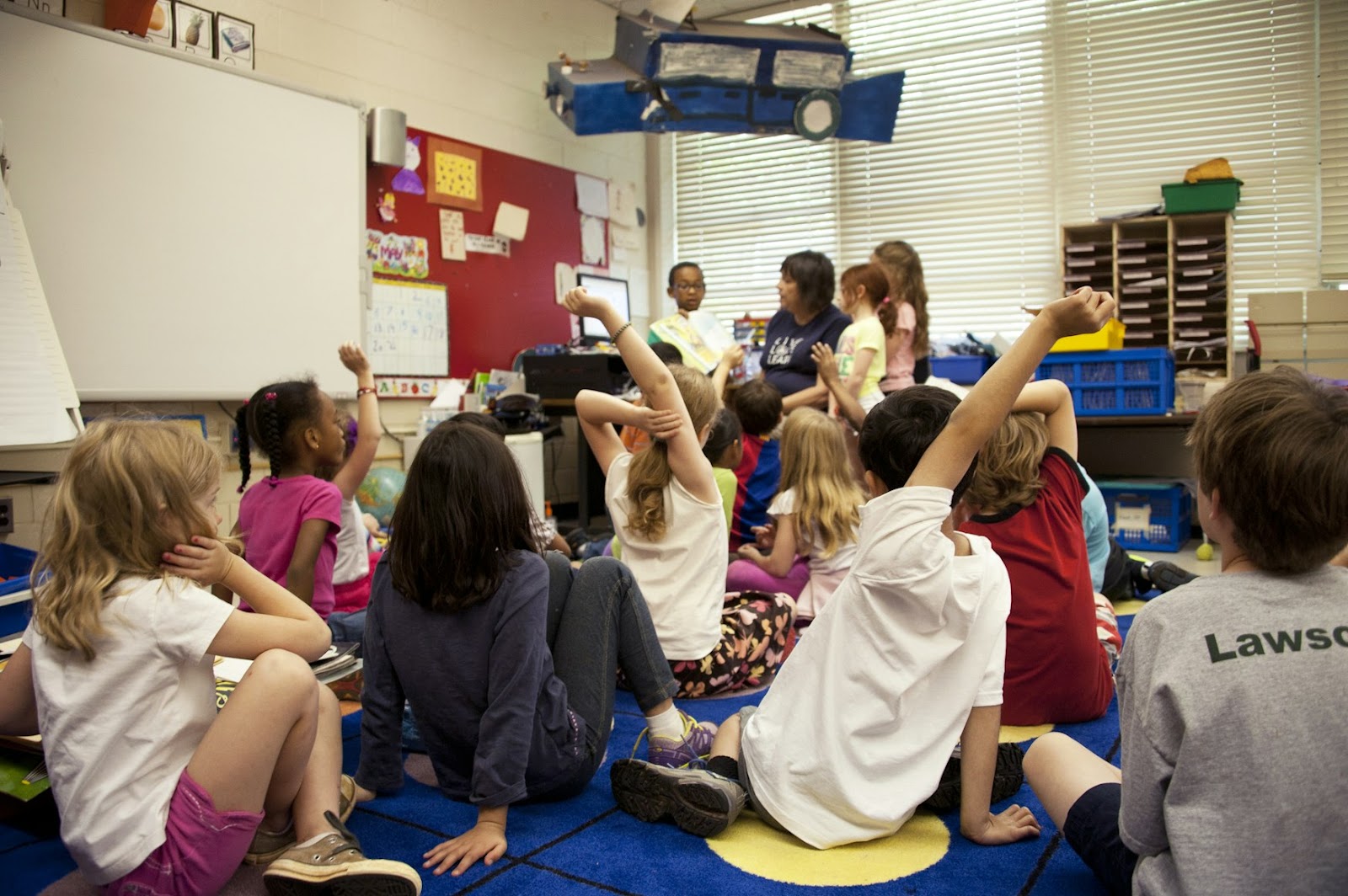As COVID-19 concerns continue to dwindle, infected Californians are now permitted to go about their daily lives without the need to isolate or receive a negative test, so long as their symptoms are improving. These loosened guidelines were recently presented by the California Department of Public Health.
The state’s previous order, encouraging people with the virus to isolate for five days, was quietly rescinded last week by California’s top public health official, Dr. Tomás Aragón.
According to the new health order, Californians with COVID-19 are allowed to return to school or work. The primary stipulation is that they must show their symptoms are improving and that they have been fever-free for at least 24 hours without taking medication. The new order states that asymptomatic people who test positive do not need to isolate as they are not considered infectious.
In an unsigned statement, state public health officials said, “Instead of staying home for a minimum of five days, individuals may return to work or school when they start to feel better.”
The guidelines follow a surge in respiratory illnesses fueled by COVID-19, seasonal influenza, and RSV (respiratory syncytial virus). During the first week of January, COVID-19 and flu hospitalizations peaked. They have since been trending downward, according to California data.
These guidelines do not apply to nurses, doctors, or other employees in high-risk healthcare settings such as hospitals and nursing homes. Such institutions may also have their own specific requirements for visitors. Additionally, those with COVID-19 must still wear masks for 10 days whether they are asymptomatic or not, as masking regulations have not changed.
Cal/OSHA, which enforces state workplace safety laws and regulations, has not stated its position. It remains unclear whether employees with COVID-19 who wish to isolate can be required to report to work by their employers.
While these changes are not unexpected, several experts posit that the new guidelines represent a significant shift in California’s COVID-19 strategy.
Infectious disease expert with UCSF Health, Dr. Peter Chin-Hong said, “I think it’s reasonable, mainly for the amount of population immunity that we have including in kids, and for the fact that we have a menu of options to prevent and treat COVID.” Dr. Chin-Hong continued, “It does come with responsibility… We still have to wear masks and be cautious around people who are older or immunocompromised.”
In June 2023, a national study conducted by the Centers for Disease Control and Prevention (CDC) estimated that approximately 96% of people aged 16 and older had acquired COVID-19 immunity either through previous infection, vaccination, or both. State data shows that while only around 12% of Californians are fully vaccinated, complete with updated boosters, about 82% of the population has received at least one COVID-19 vaccination shot.
In a statement, department officials said, “Many people may be infected with COVID-19 or other respiratory infections and do not test or know what infection they may have. Updating our public health approach and recommendations incorporates our recommendations into a broader, multi-pronged approach to multiple respiratory viruses.”
Chief Executive of Roots Community Health Center in Oakland, Dr. Noha Aboelata, is one of several doctors who are disappointed with the new guidelines for COVID-19 as the virus does not typically behave like most other respiratory viruses.
Aboelata stated, “We still believe that if there’s enough to detect (on a test), there’s enough to infect.” The doctor added, “So I would recommend people test negative before going around others.”



















